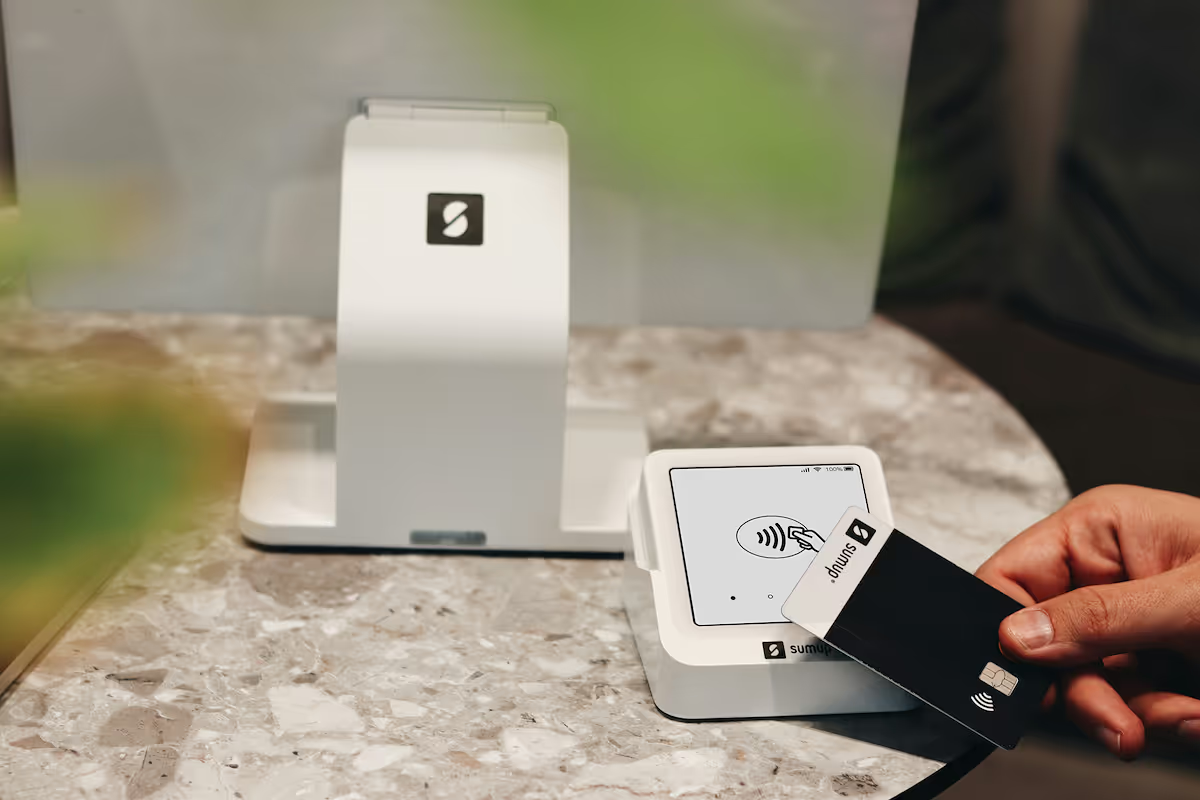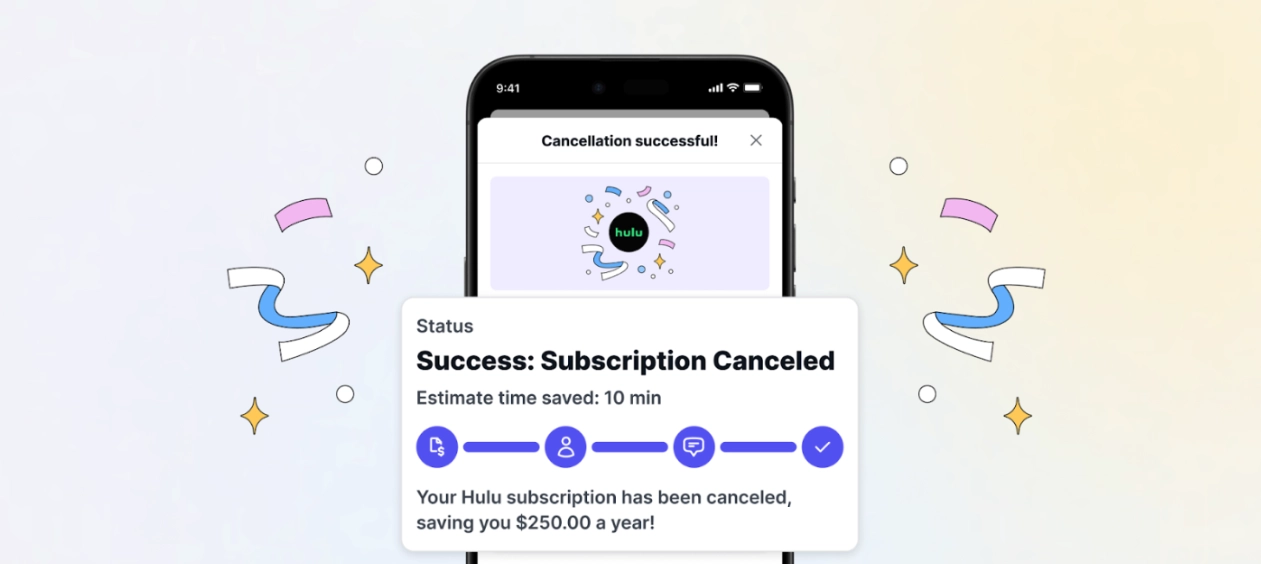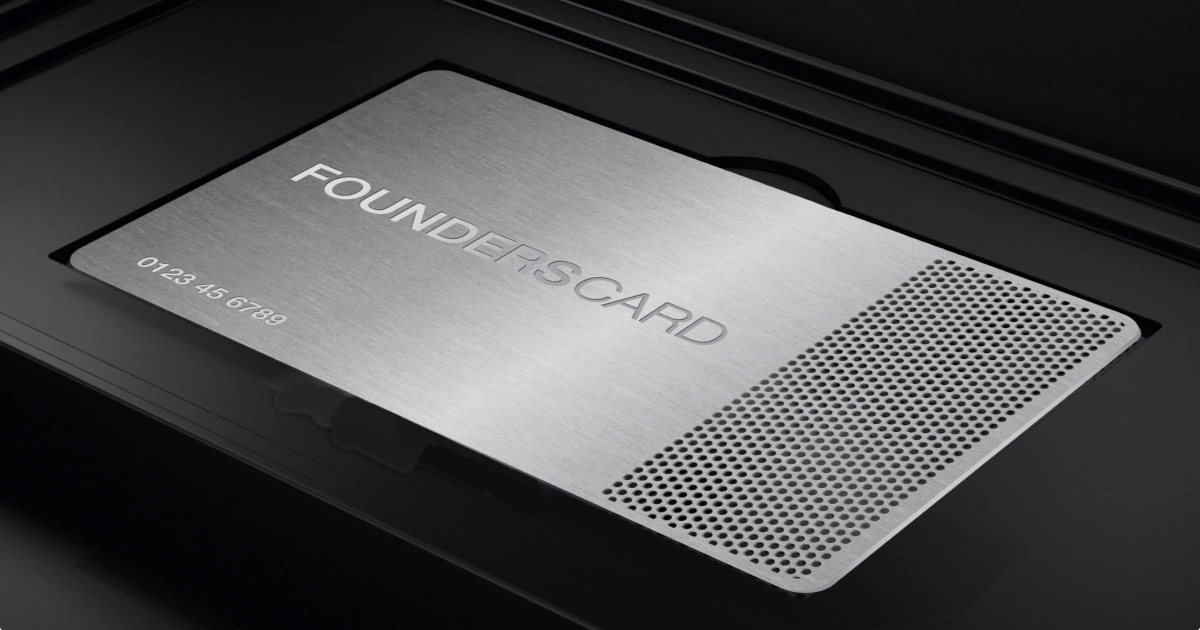
Kudos has partnered with CardRatings and Red Ventures for our coverage of credit card products. Kudos, CardRatings, and Red Ventures may receive a commission from card issuers. Kudos may receive commission from card issuers. Some of the card offers that appear on Kudos are from advertisers and may impact how and where card products appear on the site. Kudos tries to include as many card companies and offers as we are aware of, including offers from issuers that don't pay us, but we may not cover all card companies or all available card offers. You don't have to use our links, but we're grateful when you do!
Does a Total Loss Affect Your Credit Score?
July 1, 2025


Quick Answers
A total loss event itself is not reported to credit bureaus and does not directly impact your credit score.
However, you are still obligated to pay off any outstanding auto loan; failure to do so after an insurance payout will negatively affect your credit history.
If the insurance settlement is less than your loan balance, the resulting debt can lead to late payments or default, which will lower your credit score unless you have GAP insurance.
What Is a Total Loss?
In the context of auto insurance, a total loss is a declaration made when the cost to repair a damaged vehicle is greater than its actual cash value (ACV) before the accident occurred. An insurance adjuster assesses the extent of the damage to make this official determination. If the vehicle is deemed a total loss, the insurance company will pay the policyholder the car's ACV, less any applicable deductible, rather than paying for the repairs.
A total loss event does not directly affect your credit score, as insurance claims are not reported to the major credit bureaus. The indirect financial implications, however, can have an impact. If the insurance payout is insufficient to cover the remaining balance on your auto loan, you are still responsible for paying off the difference, and failure to do so will result in late payments that negatively affect your credit history.
How a Total Loss May Affect Your Credit Score
A total loss on your vehicle doesn't directly impact your credit score. However, the financial chain reaction that follows can lead to missed payments, which will certainly hurt your credit.
- Your insurer declares the car a total loss and pays its actual cash value (ACV). This event itself isn't reported to credit bureaus and has no direct effect on your score.
- The insurance payment goes toward your auto loan. If the payout is less than your loan balance—a common scenario—you're responsible for paying off the remaining deficiency balance.
- You must continue making on-time payments for the loan on a car you can no longer drive. This financial obligation can become a burden, especially while also needing a new car.
- If this financial strain leads to missed or late payments on the auto loan, your lender will report this negative activity to the three major credit bureaus.
- It is these reported delinquencies—not the total loss itself—that directly lower your credit score. Even one late payment can have a lasting negative impact on your credit history.
How Much Will a Total Loss Affect Your Credit Score?
A total loss event doesn't directly impact your credit score, but the financial aftermath certainly can. Several factors determine how your credit might be affected following the loss of your vehicle.
- Loan Repayment. Your payment history is a primary factor in your credit score. It is crucial to continue making timely payments on your auto loan, even after a total loss, to avoid negative reporting.
- Insurance Payout Gap. If your insurance settlement is less than your loan balance, you must pay the difference. An unpaid balance can be sent to collections, which will significantly harm your credit score.
- New Loan Applications. Financing a replacement vehicle typically requires a new loan application. This results in a hard inquiry on your credit report, which can cause a small, temporary dip in your score.
How You Can Avoid a Total Loss Affecting Your Credit Score
Maintain Consistent Loan Payments
Continue making your auto loan payments on time, even after a total loss. You are responsible for the loan until the insurance company settles the claim and pays the lender. Missing payments during this period will be reported to credit bureaus and can damage your score.
Consider Gap Insurance
If your insurance payout is less than your loan balance, you'll owe the difference. Gap insurance covers this "gap," ensuring the loan is fully paid. This prevents you from defaulting on the remaining balance, which would negatively impact your credit history and score.
Communicate With Your Lender
Keep your lender informed about the total loss claim. Proactive communication may open up options like temporary payment deferrals. This helps you manage the loan responsibly and avoid negative credit reporting while the insurance settlement is pending, protecting your financial standing.
Ways to Improve Your Credit Score
Improving your credit score is an achievable goal that can significantly impact your financial life. While it takes consistent effort, it's always possible to improve your creditworthiness, with many people seeing meaningful changes within three to six months of positive behavior.
- Make on-time payments. Your payment history is the single most important factor in your credit score, so set up automatic payments to ensure you never miss a due date.
- Lower your credit utilization. Aim to use less than 30% of your available credit across all your accounts, as paying down balances is one of the quickest ways to boost your score.
- Regularly check your credit reports. Obtain free reports from the three major bureaus to check for and dispute any inaccuracies, as correcting errors can provide an immediate lift.
- Limit new credit applications. Too many hard inquiries in a short period can temporarily lower your score, so space out applications and use prequalification tools when possible.
- Maintain a healthy credit mix. Lenders like to see that you can responsibly manage different types of credit, such as credit cards and installment loans.
The Bottom Line
A total loss won't directly harm your credit score. However, failing to pay off any remaining loan balance after the insurance payout will, making gap insurance a crucial consideration for borrowers.
Frequently Asked Questions
Will a total loss directly lower my credit score?
A total loss event itself is not reported to credit bureaus. However, how you manage the associated auto loan, such as missing payments, can negatively affect your score.
What if my insurance payout is less than my loan balance?
You are responsible for paying the remaining "deficiency balance." GAP insurance is specifically designed to cover this difference, protecting you from a significant out-of-pocket expense.
How does a settled loan appear on my credit report?
Once the loan is fully paid off by insurance and/or your own funds, it will be marked as "paid in full," which is a positive entry on your credit history.
Unlock your extra benefits when you become a Kudos member

Turn your online shopping into even more rewards

Join over 400,000 members simplifying their finances

Editorial Disclosure: Opinions expressed here are those of Kudos alone, not those of any bank, credit card issuer, hotel, airline, or other entity. This content has not been reviewed, approved or otherwise endorsed by any of the entities included within the post.



































.webp)

.webp)






